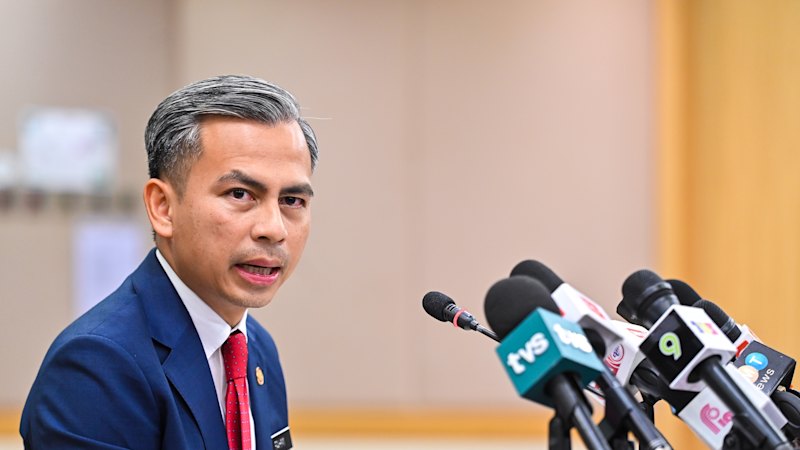
Malaysia has announced plans to implement a ban on certain social media platforms for children under the age of 16, taking inspiration from Australia’s recent legislation. This decision reflects a growing trend among nations seeking to regulate online spaces to protect younger users from potential harms.
Fahmi Fadzil, Malaysia’s Communications Minister, confirmed the intention to adopt similar measures as Australia, which will enforce its ban starting on December 10, 2023. Speaking to reporters, Fadzil emphasized the importance of finding the most effective approach to safeguard children from social media exposure. He stated, “Other countries may have their own ways, and we will look closely to find the best way to ensure that children below 16 are prohibited from using social media.”
The Malaysian government is increasingly attentive to the activities of social media companies, responding to a perceived rise in online gambling as well as content related to race, religion, and royalty. Earlier this year, regulations were put in place requiring platforms with more than 8 million Malaysian users to obtain licenses, allowing for greater accountability concerning harmful content.
Recent high-profile cases of bullying have further fueled public demand for reform. Citizens are advocating for a crackdown on the culture of impunity that often accompanies online harassment. While Fadzil did not specify which social media platforms would be restricted for those under 16, the Australian government has already mandated major platforms, including YouTube, Facebook, TikTok, Snapchat, and Instagram, to remove accounts belonging to users who fall into the newly-defined age group.
The Australian legislation places the responsibility on social media companies to prevent children under 16 from registering or continuing to use their services. Failure to comply can lead to significant penalties, with fines reaching up to $49.5 million for “systemic” breaches. Anika Wells, Australia’s Communications Minister, remarked, “I genuinely, honestly, think that we are saving a generation,” while acknowledging the initial challenges that such sweeping reforms might encounter.
Australia’s initiative stands out as it is the first to impose a stringent ban on underage social media usage. Other countries, including Denmark and Norway, are contemplating similar regulations, with Denmark leading a declaration that emphasizes the importance of “effective age verification” as a critical tool in reducing online dangers. Meanwhile, a parliamentary inquiry in France has suggested restricting access for users under 15.
In a related move, Indonesia has indicated plans to establish a minimum age requirement for social media use, although recent shifts in policy focus have redirected attention towards parental approval and improved oversight of technology companies. The Indonesian government has been contacted for further clarification on this matter.
As Malaysia prepares to follow Australia’s lead, the global conversation around the regulation of social media for younger audiences continues to evolve. The outcomes of these initiatives could have lasting implications for how social media platforms operate and how they safeguard their youngest users.







